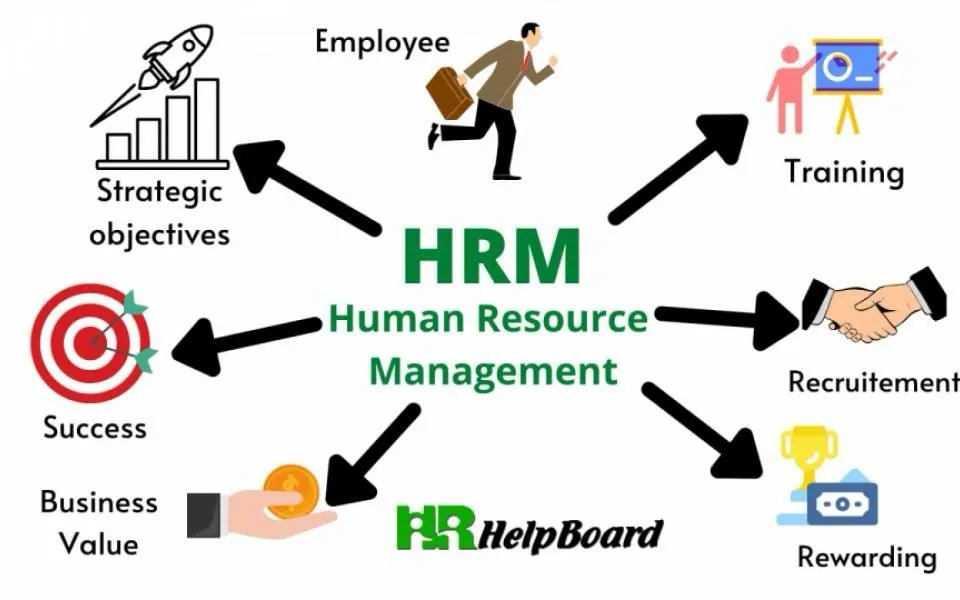Introduction
Artificial intelligence is sweeping the labor market. So far, many positions can be completely automated, while some of them are simply irrepressible. Such well-paid and rapidly growing professions will not be able to be taken over by AI in 2024.
These jobs require human creativity, emotional intelligence, and complex decision-making that machines cannot replicate. We will look into the top 10 careers that AI cannot take over, and we’ll share valuable information that will help you shape your future.

1. Healthcare Professionals
Description: Software developers design and develop computer programs, websites, and applications that can help fix a problem. They take ideas and bring life into them using the languages of coding.The doctors, nurses, and other healthcare professionals give quality care and emotional support to patients. The doctors and other medical practitioners diagnose and treat ailments with the help of their knowledge, expertise, and empathy.
Why AI Won’t Replace Them: While AI might definitely help in diagnosis and treatment planning, when one gets right down to it, there is nothing like the human touch. Of course, patients do require empathy and understanding, which only humans can extend to them.
Salary: The average annual salaries of physicians range from $150,000 to $300,000 or more, depending on the specialty.
Growth Rate: 15% over the next 10 years.

2. Software Developers
Software developers design and develop computer programs, websites, and applications that can help fix a problem. They take ideas and bring life into them using the languages of coding
Why AI Won’t Replace Them: While AI can code, it doesn’t bring in the creativity and problem-solving that go hand in hand with the creation of innovative solutions. Human developers need to weave their magic for unique software that will only be used by humans.
Salary: The median salary is about $110,000 per year.
Growth Rate: 22% increase from 2022 to 2032.

3. Data Scientists
A data scientist analyzes and interprets complex data to assist companies in making better decisions. They use statistical tools and algorithms to come up with trends and patterns in data.
Why AI Won’t Replace Them: At least with regard to data processing, the human element needs to come in through correctly framed questions being asked, interpreted results, and insights applied to real-world problems.
Salary: Average annual salary of approximately $120,000.
Growth Rate: It is expected to increase by 30% over the next 10 years.

4. Cybersecurity Experts
These individuals work to defend organizations against cyber threats. Among their tasks are developing security system design, monitoring networks for any suspicious activity, and responding in the event of a breach.
Why AI Won’t Replace Them: While AI can be useful in finding out threats, it takes human experts to fathom complex attacks and think like hackers to build robust defenses.
Salary: $100,000 per year is a typical salary level for such a position.
Growth Rate: Should see 35% growth between 2022 and 2032.

5. Creative Directors
These individuals plan and direct the creative activity of advertising, marketing, and media production. They head teams to conceptualize and develop visual and content strategies.
Why AI Won’t Replace Them: There is something distinctly human about creativity and having an artistic vision. While AI can help create content, the idea and originality will come from human creatives.
Salary: Median salary is approximately $140,000 per year.
Growth Rate: Expected to rise 10% in the next 10 years.

6. Human Resources Managers
The human resources managers are involved with recruitment, training, and staff management. They regulate disputes or issues, develop employees, and they consult on the firm’s culture.
How AI Won’t Replace Them: Although AI can simplify many of the processes taken up by human resources, human managers will be required to acknowledge employee needs, create a good working atmosphere, and tackle sensitive matters arising at work.
Salary: Median for a manager in human resources : Approximately $ 120 000 per year.
Growth Rate: 7% projected over the coming decade.

7. Marketing Managers
These are the professionals entrusted with projecting the right marketing initiatives for their products and services to achieve sales.
Why AI Won’t Replace Them: While AI can sort through a mountain of data, it cannot replace the creativity and intuition a human has in running effective marketing campaigns.
Salary: About $135,000 annually.
Growth Rate: 10% projected growth over the course of a decade.

8. Psychologists
Psychologists seek to understand human actions and mental procedures. They provide psychological treatments, conduct research, and help individuals cope with mental health disorders.
Why AI Won’t Replace Them: The AI system is not capable of reading complex human emotions and giving personalized attention. Psychologists show empathy and insight that machines cannot provide.
Salary: About $85,000 per year average.
Growth Rate: 14% projected growth over the coming decade.

9. Environmental Scientists
Environmental scientists do research regarding the environment and come up with strategies for its protection. They analyze data to come up with solutions to pollution and global warming.
Why AI Won’t Replace Them: While AI can be used to analyze data, it requires human scientists to convert the results into workable and achievable goals.
Salary: $75,000 average yearly salary.
Growth Rate: An 8% growth is forecasted over the coming decade.

10. Lawyers
Lawyers advise clients about their legal rights and recommend courses of action in accordance with those rights. Lawyers specialize in one or more legal practice areas such as criminal, corporate, or family law.
Why AI Won’t Replace Them: While AI does some legal research, it can’t argue in court and offer nuanced legal advice that often provides the extra value for which clients commonly pay. Interpreting the law requires human lawyers.
Salary: Approximately $130,000 on average annually.
Growth Rate: Will grow 6% over the coming decade.
Summary of Jobs AI Won’t Replace
| Job Title | Average Salary | Growth Rate |
| Healthcare Professionals | $150,000-$300,000 | 15% |
| Software Developers | $110,000 | 22% |
| Data Scientists | $120,000 | 30% |
| Cybersecurity Experts | $100,000 | 35% |
| Creative Directors | $140,000 | 10% |
| Human Resources Managers | $120,000 | 7% |
| Marketing Managers | $135,000 | 10% |
| Psychologists | $85,000 | 14% |
| Environmental Scientists | $75,000 | 8% |
| Lawyers | $75,000 | 6% |
Pros and Cons of Jobs AI Won’t Replace
Pros
- Job Security: These jobs are less likely to be automated.
- High Salaries: Many of these roles offer competitive salaries.
- Growth Opportunities: The demand for these jobs is increasing.
- Human Interaction: These jobs involve direct interaction with people, offering a more fulfilling experience.
Cons
- High Stress: Many of these jobs can be stressful due to high responsibility.
- Long Hours: Professionals in these fields often work long hours.
- Continuous Learning: Staying relevant requires constant upskilling and education.
- Competition: High-paying jobs attract more competition, making entry more challenging.
Conclusion
While AI is changing the job landscape, certain roles remain irreplaceable. Healthcare professionals, software developers, and data scientists are just a few of the careers that will continue to thrive.
These jobs rely on human creativity, emotional intelligence, and complex problem-solving—qualities that AI simply can’t replicate.
For those looking to future-proof their careers, these roles offer stability, growth, and rewarding experiences.
Related Posts:
10 Lucrative and Growing Jobs That AI Won’t Replace
5 ChatGPT Prompts To Master Your Time Managenment
FAQs
1. What makes a job irreplaceable by AI?
Jobs that require creativity, emotional intelligence, and complex decision-making are hard to automate. AI lacks the ability to fully understand human emotions and provide personalized solutions.
2. Are there any risks of AI replacing jobs in the future?
While many jobs are at risk of automation, roles that rely on human interaction and creativity are less likely to be replaced. However, it’s important to stay updated and continue learning to stay relevant.
3. How can I prepare for a career that AI won’t replace?
Focus on developing skills that AI can’t replicate, such as critical thinking, creativity, and emotional intelligence. Pursue education and training in fields that require these skills.

